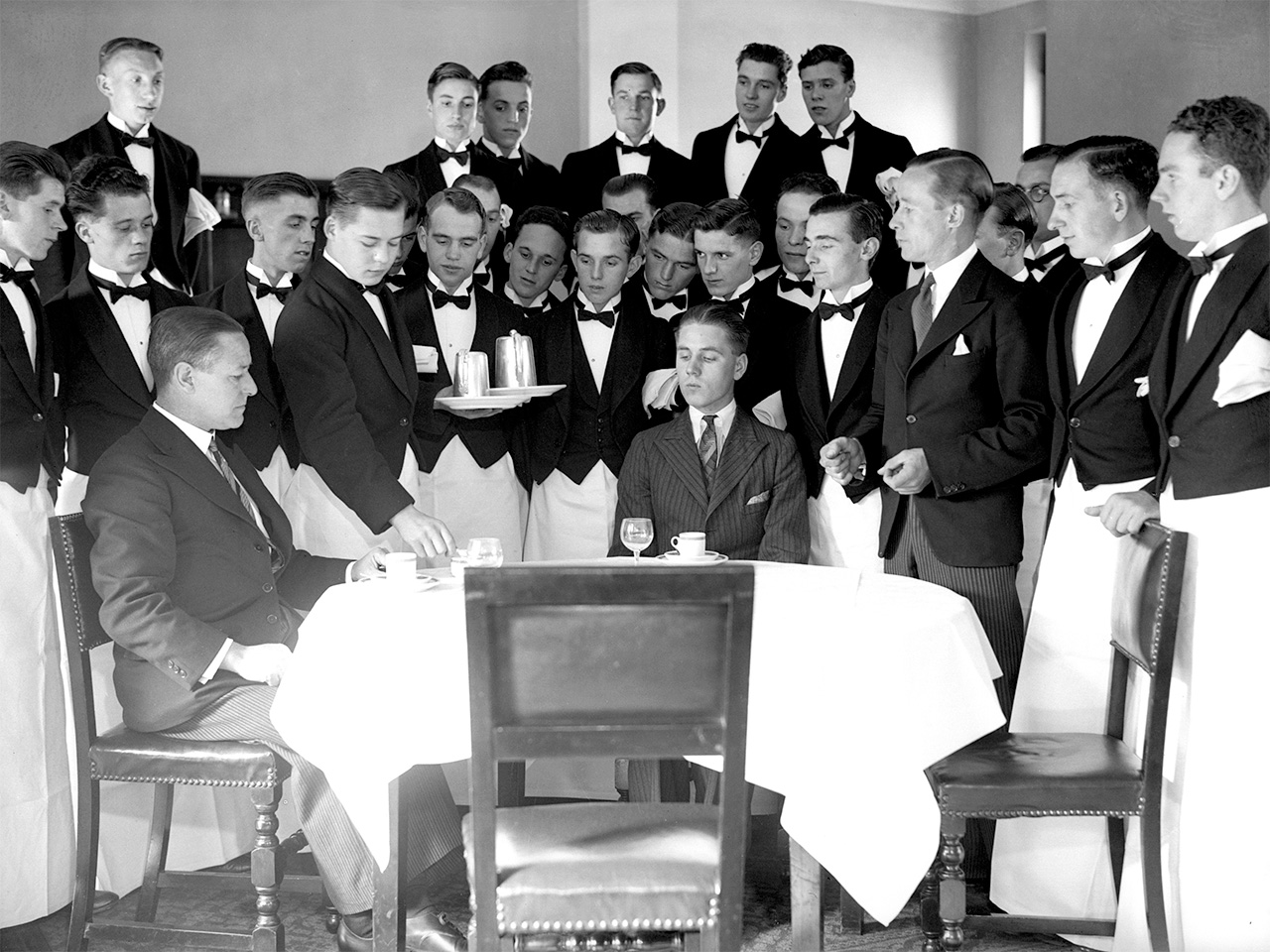The greatest dish in the world cannot survive bad service
Behind every great chef is a crew that keeps the plates spinning
I recently spent an evening dancing in the basement of a Mexican restaurant in Marylebone. In itself, that’s not too unusual for me – but this night felt different. In the taxi on our way home, I tried to pinpoint what made it special. I replayed the evening: good company, palo santo scent in the air, perfectly tart palomas and lighting that made you want to kiss. But that wasn’t it.
As we parted ways with our cab driver, who was – perhaps understandably at this time of night – a little gruff, it hit me: the staff made the evening. All those points of friction that usually come with being out on a Saturday night simply did not exist. Drinks were moved to a safer place when you went to the bathroom. There was no issue if you wanted to smoke by the “No Exit” sign nor a problem if you took some extra time to read the menu without your glasses. It was service that met you more than halfway (and made sure you drank a large glass of water before you left at 02.00).
All this is to say that good hospitality should be everywhere. Pubs. Restaurants. Room service. When waiting staff are genuine, you can feel it and, naturally, you give back. After all, a band and its audience are nothing to each other without a little reciprocity.

Unless my three- and five-year-old sons are with me, dining out is one of life’s great pleasures. It is, admittedly, also my profession. I am in the business of getting people into restaurants. And the more years that I spend doing this, the greater my allergy to apathy in waiting staff – unless I am in Paris of course. In Paris, you can do what you want.
The problem is that, for as long as anyone can remember, dining out has been all about the chef. Popular culture is partly to blame. “Yes chef”, we get it. You have earned your seat at the table alongside artists, rock stars and royalty. But the greatest dish in the world cannot survive bad service.
Putting the obvious stresses of late nights and modest pay to one side, what’s missing from the hospitality conversation is how vital the chemistry is between waitstaff and guests. It is the first, last and enduring point of interaction. It is even the reason that I stopped going to my favourite wine bar – the new sommelier is simply too earnest. Add that to my list of allergies.
Any dining experience requires synchronisation from back of house to front. But it is the energy around a dish, no matter how delicious, that is the crucial final ingredient. In Keith McNally’s memoir I Regret Almost Everything, he suggests that a waiter should never interrupt conversation to ask, “How is everything?” Rather, if they must interrupt, a waiter should say, “Do you need anything?” He’s right. One is admin. The other is a helping hand.
Yet we rarely celebrate the people who master that alchemy. I am not suggesting that we commission reality shows to find the best waiter but why do chefs get all the credit? What about the GMs, the maîtres d’, the hosts who clock the nervous first date and adjust the mood to suit? Atmosphere is the difference between a meal and a memory. We owe it to chefs to pass their plates to people who actually care.
I recently asked restaurateur James Robson how his restaurant, Fallow, manages to maintain such friendly staff. His answer surprised me: he deliberately overstaffs each shift. His accountant thinks that he’s mad but he wants his staff to have the room to enjoy themselves at work. A chorus line that keeps the energy up while the lead does their thing in the kitchen. Food should always be the star but great hospitality demands a bit of stagecraft.
Emily Bryce-Perkins is a London-based writer. For more opinion, analysis and insight, subscribe to Monocle today.



